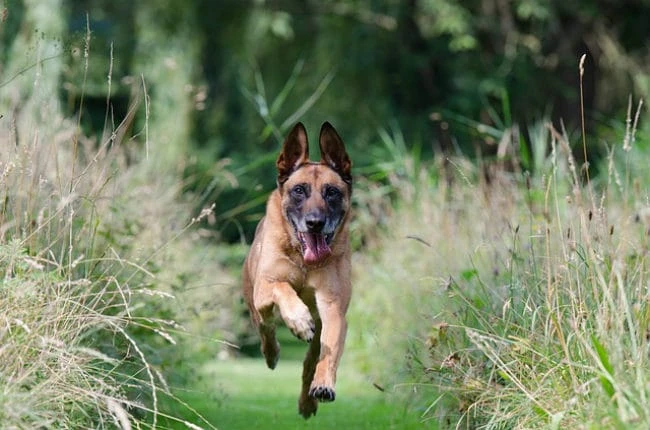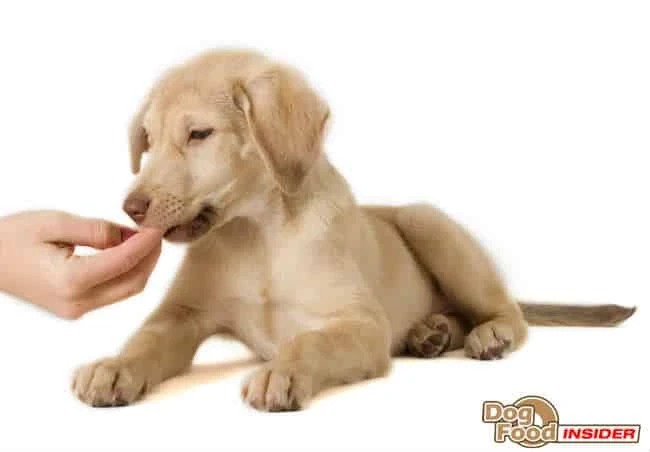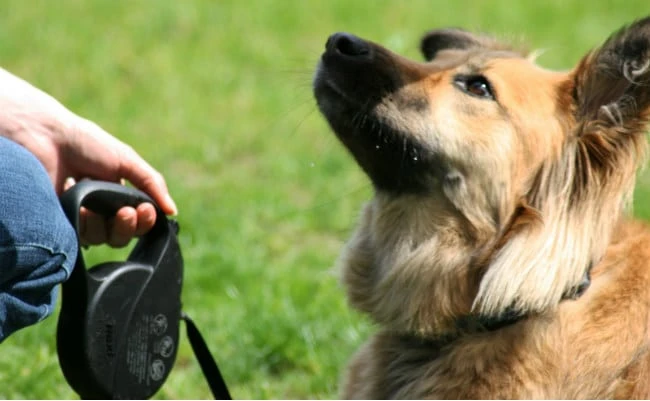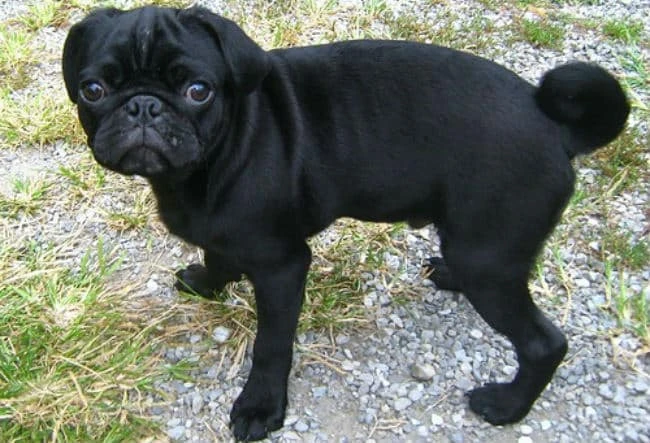Puppy behavior, Free Puppy Training Tips, Dog Behavior Questions

Puppy Behavior…
In this section you will learn the best free puppy obedience training techniques for training young puppies between the ages of 16-19 weeks.
Puppies at this age may have developed some problems normally associated with teenagers.
Although you should expect some behavior issues it is important to cure any dog behavioral problems early before they develop into major problems.
Although your relationship will have developed into a strong bond you will need to guide your puppy through these behavioral issues with patience, consistency and love.
Your puppy is now in a effect a teenager so his self confidence will have grown and he may also continue to test the boundaries.
This is the point where you need to really supervise your puppy as it is not uncommon between the age of 16-19 weeks for your puppy to start to developing more complex and advanced behavioral problems and you will need to act quickly so they don’t continue into adulthood.
Puppy Behavior – 16-19 weeks
Quick Tip
Just like teenagers – you may find that your puppy does not like being restrained, groomed or even cuddled – just go with it – this phase will soon pass.
Your puppy may go from being shy and playful to acting quite boisterous.
Your puppy is also starting to develop his own character and it will soon become apparent whether he is a naturally dominant character or subordinate by nature.
Your puppy may also develop nervous or dominance related aggression.
If your puppy is a particular breed his genetic heritage may start to show in your puppy’s behavior.
If you are having particular issues it maybe helpful to review our section on puppy obedience training.
Your puppy may start to display fear of many different things and may even run away from what he sees as a threat – whether a genuine threat or not.
This is the point during puppy socialization where you may find it difficult to get the balance between allowing your puppy to explore new experiences and being too protective.
If you are having problems that you feel need expert advice – either seek the advice of a vet or enroll in puppy training classes.
- Although your puppy may display difficult behavior between the age of 16-19 weeks your puppy will also start to really bond with you and the family and show a strong allegiance to you as the pack leader – this will help cancel out all of the negative behavior issues your puppy maybe showing.
- Your puppy may also start to show a fear of things that he had previously been ok about such as people, strangers, cars, etc.He may also start to show some teenage rebellion such as resentment when being groomed or examined – he may also still have the occasional accident in the House.
- Your puppy should by now have reduced the amount that he is chewing although any new toys that are introduced will be destroyed pretty quickly.
- Your puppy may start to find new ways of breaking the House rules-this may happen in front of you or when you are out of the House
- Your puppy may begin barking and soiling – you need to closely supervise your puppy at this stage as he may be showing signs of or over attachment or dog separation anxiety that could continue into adulthood.
- At this point in his development between 16-19 weeks your puppy may start biting on his lead, biting other people or even other animals – obviously this behavior needs to be addressed immediately.
- Some puppy’s are fine to be left off the lead when taken for a walk but others may run off and chase anything that moves – including rabbits, birds and live-stock.
- Your puppy may start to beg or steal food from plates-he may even become aggressive around his food.
What you should do
- You need to continue being the leader and be fair an consistent with your puppy at all times.
- Don’t let the House rules slip – keep the same routine and don’t start letting your puppy get away with small misdemeanors.
- Make sure that the whole family follow the same rules and use the same commands with your puppy – this will stop him being confused.
- Never ever allow your puppy to get away with any biting or aggression.
- There is never any need for physical punishment towards your puppy.
- Try and keep a relaxed atmosphere within the House – this will help relax your puppy so that he doesn’t start showing signs of tension or stress.
- Ask the whole family to supervise your puppy – if any bad puppy behavior starts to develop – you will able to react quickly.
- Never be afraid to ask the advice of your vet or a puppy behavior expert.
Puppy Behavior – Quick tips.
You need to start training your puppy to be left on his own for periods up to 3 hours.
Try ignoring him for 15 minutes before you leave the House and leave all of his favorite toys with him.
Start taking your puppy for longer and more interesting walks now that he is slightly calmer.
If your puppy is a particular breed, try bringing out their particular characteristics – if you have a collie who is naturally a herding dog – try playing fetch with him – he will love you for it and will help you bond.
Puppy Behavior – Using the leash.
At some point you are going to have to let your puppy off of his leash.
Deciding when is the right time in your puppy’s development to do this is a much discussed topic.
Choosing the right time is as important as choosing the right location to detach yourself from your puppy – as ultimately the leash is what stands between your puppy and any danger.
You need to be confident with the new skills that you have learn’t and confident that your puppy is going to respond to your commands.
The best obedience training tool that allows you to test how much your puppy has learned is to use a long leash that is retractable.
This allows you to remain in control but still allows your puppy a degree of freedom.
When you are out on your walk make sure that you are the most interesting thing that is happening on the walk – be animated and continue to practice basic commands with your puppy – you can do this on the walk or at home.
If you are need more in depth information – try visiting our section on puppy leash training.
Puppy Behavior
A quick reminder and check list.
What your puppy might get up to.
- Start misbehaving when on his own or in front of you.
- Bite you, other people or start biting his lead.
- Not like being examined or groomed.
- Be afraid of new things-you may even feel that his confidence has taken a step backwards.
- Your puppy may still have the occasional accident in the House.
What you should do.
- Continue to be patient and consistent.
- Do not allow your puppy to display any bad behavior.
- Start leaving your puppy on his own for a few hours – you need to get him used to being left alone.
- Try keeping your puppy stimulated.




